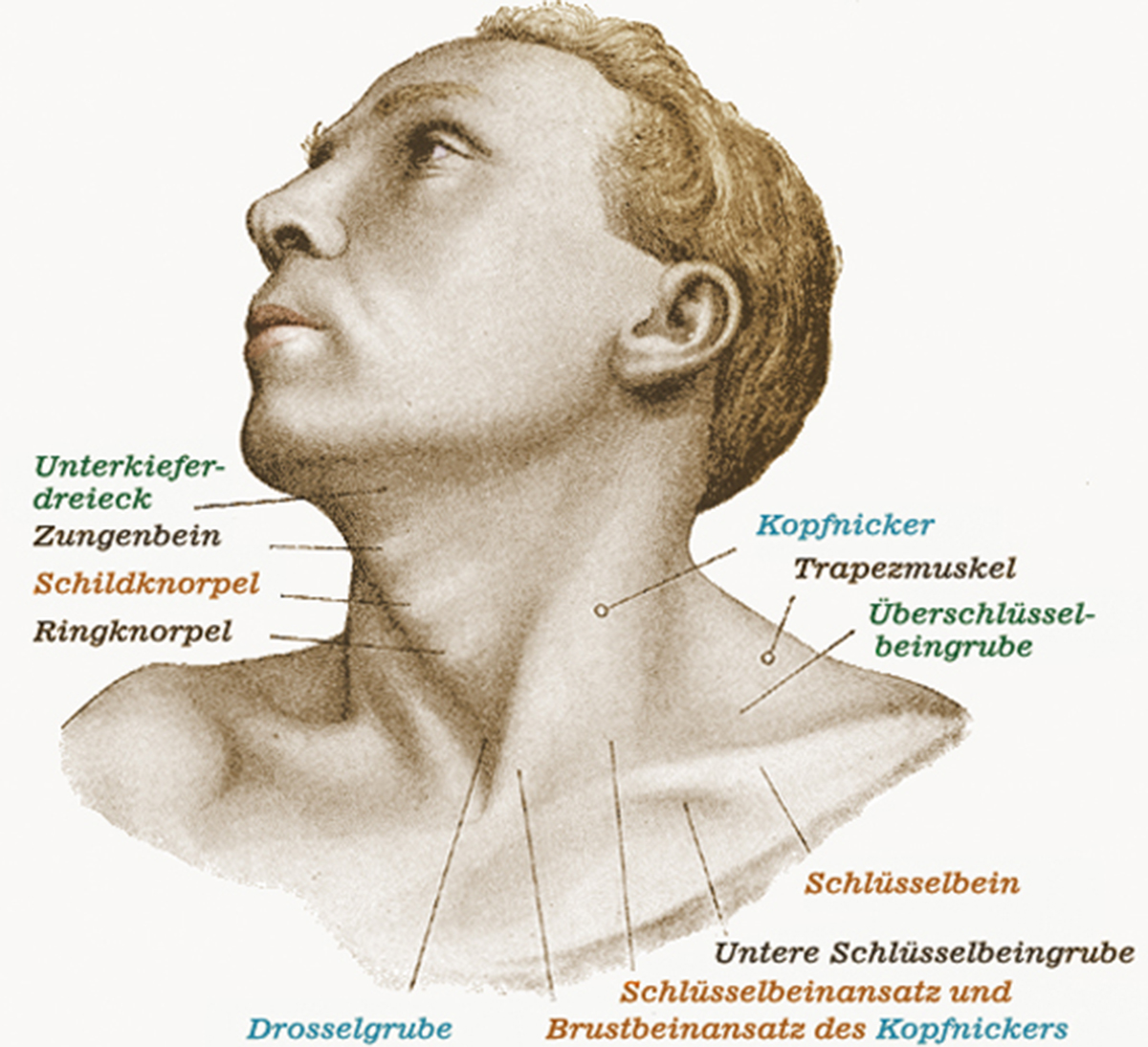
About torticollis
Torticollis is one of the disorders that affects the muscles of the neck. In this disorder, because the muscles flex in an abnormal way, the neck twists to one side.
This disorder can develop slowly in people who have a family history of torticollis, or it happens suddenly, for example due to injury. It can also occur as a side effect or an adverse reaction to certain medications.
In most cases, the twisting associated with torticollis is usually spasmodic in the beginning and it generally occurs between the ages of 30 and 50. If it is untreated, it can become a permanent condition.
The symptoms of torticollis include discomfort and a tendency to hold the head straight or rotated to one side. When the head turns to the other side, it causes pain. The muscles on one side become tender and sore.
Torticollis caused by drug abuse, especially involving cocaine, ketamine and amphetamines, can also lead to sudden and involuntary contractions of the muscles of the face, back and neck. A person suffering from this disorder may also experience deviation of the eyes or involuntary tongue protrusion.
Treatment for torticollis
In case of spasmodic torticollis caused by injury or medications, the therapy may consist of anti-inflammatory drugs and muscle relaxants. Medications may be administered through injection into the muscle or intravenously. Some of the drugs used to treat spasmodic torticollis are Benadryl, Cogentin, Atival and Valium.
In case of chronic torticollis, doctors usually treat the condition with the injection of botulinum A toxin. It stops the muscle from contracting and often leads to complete recovery.
Acute traumatic torticollis can be a medical emergency, especially if the patient exhibits respiratory problems and drooling. The patients who come to emergency room with these symptoms should have their spine immobilized until their condition is evaluated. It is vital to check the nerve and motor functions and to rule out injury to the spinal cord.
It is very important to establish the nature of torticollis and its specific causes. For example, if it is drug-induced, it should be treated with Diphenhydramine, benztropine and benzodiazepines.
Surgical treatment for torticollis is done only in few cases. In the surgical procedure for torticollis, some of the nerves in the upper neck are cut so the muscles stop contracting. This treatment option stops the disorder from progressing and relieves the symptoms, but unfortunately the twisting of the neck often comes back after a few months.




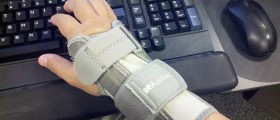
_f_280x120.jpg)





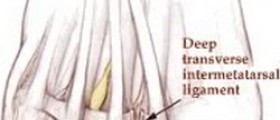

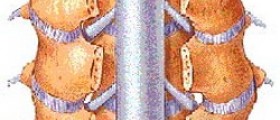
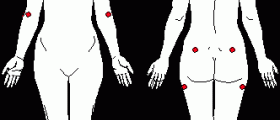


Your thoughts on this
Loading...